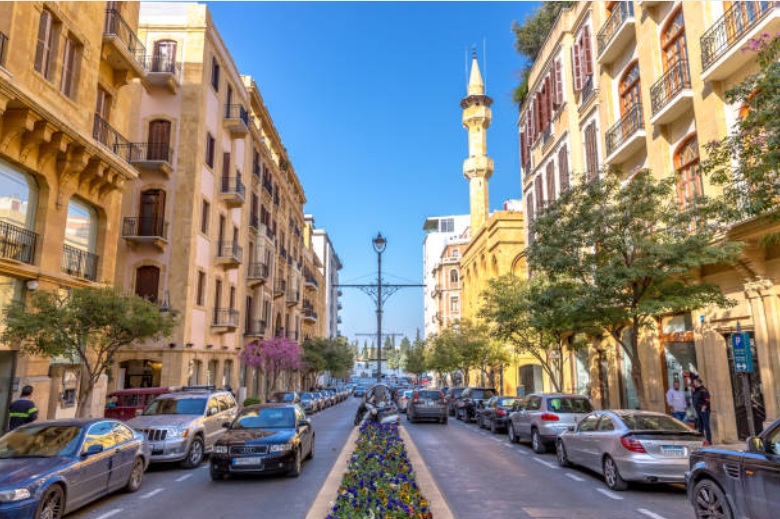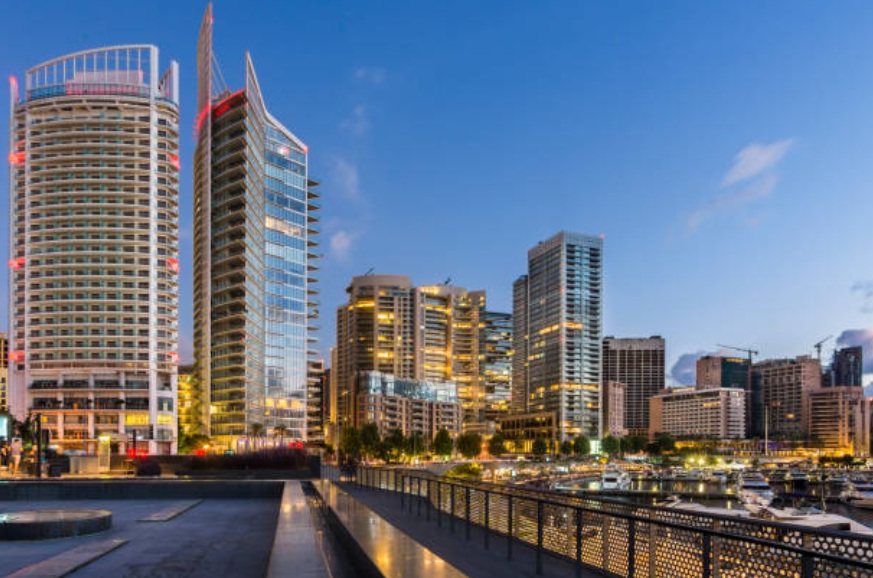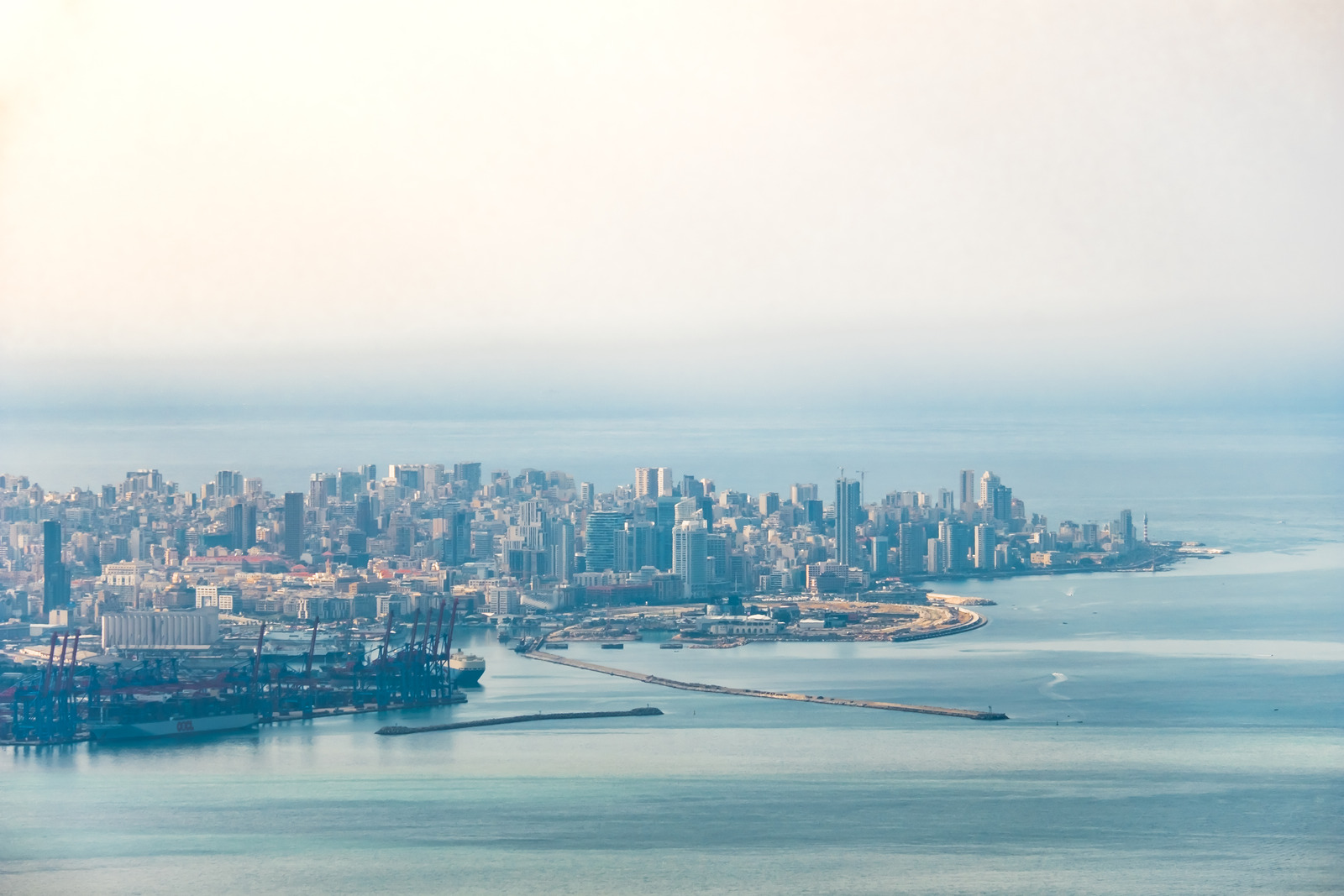

In 2025, Lebanon stands at a critical juncture, with its economy teetering between recovery and collapse. The country has faced numerous challenges over the past few years, including political instability, economic mismanagement, and the devastating effects of the war with Israel. Despite these obstacles, there are glimmers of hope and opportunities for prosperity.
The election of President Joseph Aoun in January 2025 has brought a sense of political stability, which is crucial for economic recovery. The new government has pledged to implement structural reforms and create a clear financial roadmap to address the country's economic woes. This has led to a surge in demand for Lebanese Eurobonds, the Lebanese currency, and listed equities at the Beirut Stock Exchange. However, experts caution that without sustainable reforms, any recovery may be fragile and unsustainable.

The real estate market in Lebanon has been heavily impacted by the country's economic and political challenges. Property prices have declined, and demand has decreased, particularly in the commercial real estate sector. However, the residential real estate market has shown some resilience, with a projected value of US$137.40 billion by 2025. This growth is driven by the influx of expatriates returning to the country and the increasing demand for affordable housing options.
In Beirut, the real estate market is characterized by high demand for luxury properties in prime locations such as Achrafieh and Hazmieh. These areas offer a unique blend of tradition and modernity, making them attractive to both local and international buyers. The rise of remote work has also influenced the market, with more properties being designed to accommodate home offices and flexible living spaces.
Despite the challenges, there are several benefits to investing in Beirut's real estate market. The city offers a high return on investment, diverse investment opportunities, and a strategic location at the crossroads of Europe, Asia, and Africa. Additionally, Beirut's rich history and diverse culture make it an attractive place to live and invest in. The tourism sector, although currently struggling, has the potential to recover and provide a steady demand for rental properties.
In conclusion, while Lebanon faces significant challenges in 2025, there are opportunities for prosperity and growth, particularly in the real estate market. With political stability, structural reforms, and a clear financial roadmap, Lebanon can unlock its full economic potential and create a brighter future for its citizens.